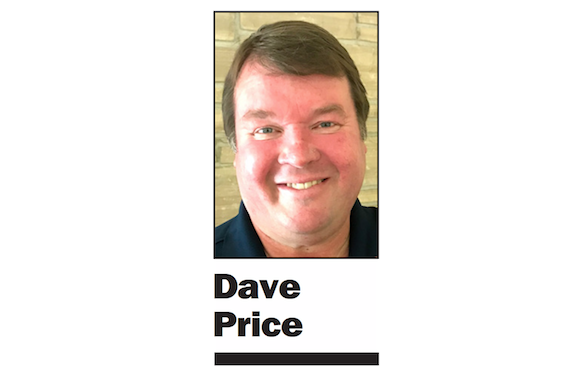
OPINION
BY DAVE PRICE
Daily Post Editor
During the Covid lockdown, beloved local businesses in Palo Alto permanently closed. Many of those that reopened are barely hanging on.
So it’s hard to believe the City Council is looking to tax the survivors, but it’s true.
The city has been talking about a business tax for years. Voters rejected the last one that was on the ballot in 2009. Now council is moving toward putting a tax on the November 2022 ballot based on the square footage of a business, though the details aren’t final.
The purpose of a business tax has been changing. Originally it was to fund bridges at rail crossings, known as grade separations. Then the purpose of the tax shifted to include affordable housing. Now they’re talking about using the money to balance the city budget (read: salaries and pensions) along with environmental programs, grade separations and housing.
Another idea is to use the tax to restore programs that were cut last year when sales tax revenue fell due to the Covid lockdown.
And there’s another issue that is seldom discussed: filling the budget hole created when a judge ruled that the city was illegally transferring profits from its utilities to the general fund.
Here’s a tip: It’s easier to pass a tax for a capital project, when the result is something tangible like a bridge, than a forever tax to fatten up paychecks.
But my main concern is that the city is kicking a group of people who are already suffering. Our retail areas are becoming ghost towns because of the vacancies following the lockdown. If anything, we should be looking for ways to help the restaurants and stores survive. Not just for the sake of the business owners but for the thousands of people they employ.
And this is where the disconnect between elected officials and the general public becomes obvious. The typical resident doesn’t want their neighborhood coffee shop or pizzeria to close. The council seems to believe that small businesses can absorb these taxes as easily as the giant multi-nationals who report net income in the billions every quarter.
Supporters of a business tax say that a levy based on square footage is fair to small businesses, because they would pay proportionally less than a big company. Tesla, for instance, has 350,000 square feet while a coffee shop might have 2,000 or 3,000 square feet. Both would pay by the square foot. But that’s an absurd argument because their revenues are vastly different.
Tesla had gross revenues of $31 billion last year while your neighborhood coffee shop probably had a gross of between $200,000 and $500,000. As a result, the coffee shop will pay a higher percentage of its gross than Tesla.
If council members were truly concerned about small businesses, they would exempt any business under 20,000 square feet from the tax. That’s about the size of the Midtown Safeway.
Starting the tax at 20,000 square feet protects the mom-and-pops. Defending the fabric of the community — which includes the independent, locally-owned businesses — should be the priority of the council. Go after the mega businesses like Mountain View did — its business tax is paid almost entirely by Google — but leave the little guys alone.
Editor Dave Price’s column appears on Mondays. His email address is [email protected].

Hmm, and people wonder why so many businesses are fleeing California…
In the words of the great American thinker and philosopher, Alfred E. Newman: Either progressive or conservative, rank stupidity has no political party affiliation.